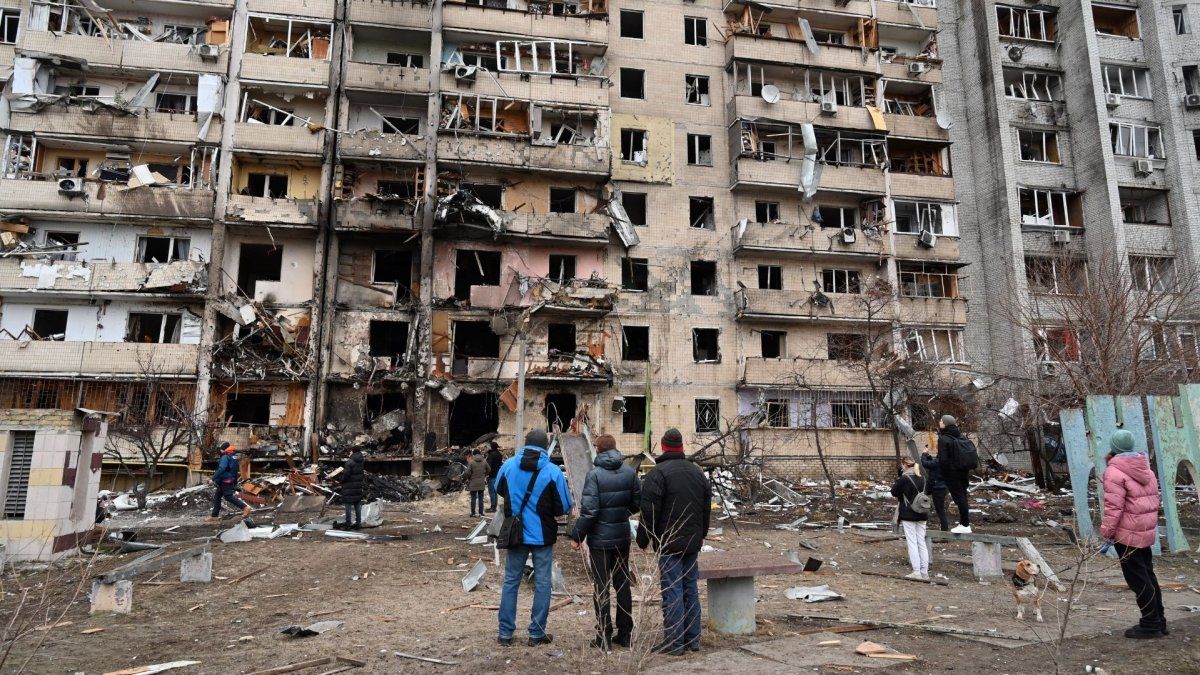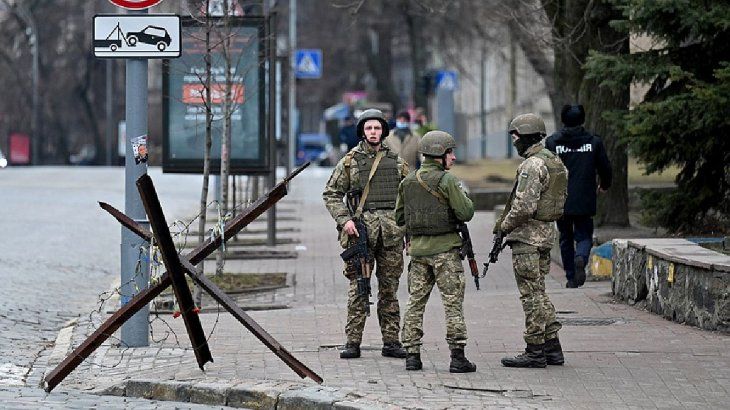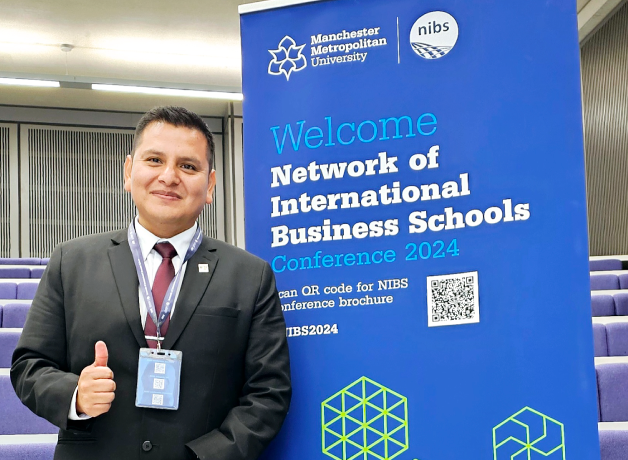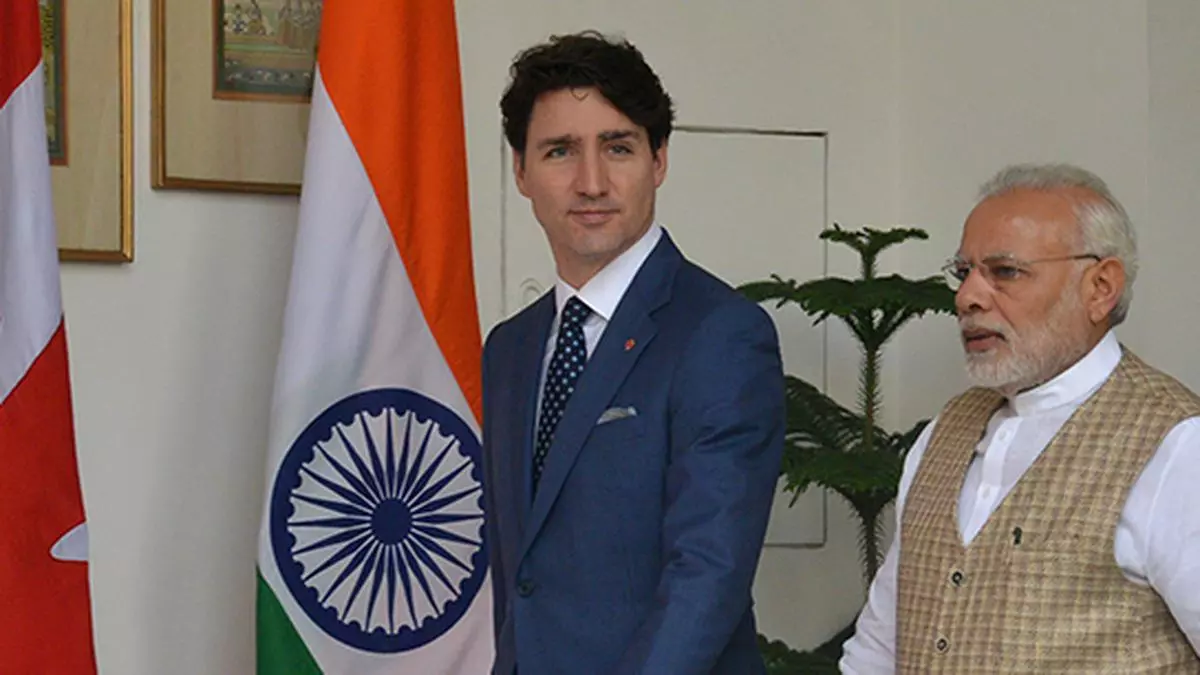There are, then, two areas of marked influence from such a crisis.
In the short term, military events in northern Europe have been added to our own agenda (including macroeconomic imbalances, years of mediocre productive indicators, negotiations with the IMF already at the last level, and social problems). As if to remind us that what happens beyond our borders doesn’t really happen outside and that there is no longer any difference between far and near in today’s world, we have been measuring the effect that war has on our situation for days.
Thus, we can make calculations with respect to rising prices of agricultural commodities that allow Argentina to charge more per tonne exported even when production is affected by the weather. Although we have to filter this out because energy prices are also going up, which Argentina had to import and have obtained them at very favorable prices to date. And, at the same time, we can ask ourselves whether the conditions for political discussion (not recommended) on the use of agro-exporters’ extraordinary income do not restart and investment conditions for oil and gas production can once again become a topic of discussion. . Everything, apart from the issue of energy and fuel subsidies which may lag behind expected reductions if local costs rise due to external contributions. Moreover, we might add that the problem refers not only to Argentina, but also to negotiations with the International Monetary Fund, which must not only agree on a program with Argentina (which is expected to include subsidy reductions) but will periodically attend to review compliance with what was agreed. from the first signature. And – as if that were not enough – we can also ask ourselves whether rising international prices will also generate additional upward pressure on inflation.
But there is another point of analysis, less profound, that we can turn to. The geopolitical movement marks the new condition of the international economy.
Now, before the progress in Ukraine, we have seen that the US, UK and EU have reacted with economic sanctions against Russia. But geopolitics depressing the economy is something we’ve been looking at for some time now. It starts with controversies between the United States and China, but notes that they are resolved by friction between China and the European Union (which halted progress on bilateral investment protection agreements), or between the Asian giants and Australia (whose exports to China are restricted for political reasons). What should be added is that the reformulation of NAFTA promoted by President Trump at the time, and Brexit, which meant not only Britain’s exit from the Union but also the creation of a “Global Britain” policy led the UK to become the country that in the last 18 months concluded the most free trade agreements in the world. the planet with a new partner (and not yet in the EU). You can also pay attention to the AUKUS (Australia, UK and USA) project militarily transforming the Pacific, the implementation of the world’s largest free trade area in Asia (RCEP) and the pact a few months ago between China and Russia for supplies between the two countries.
Something is happening in the formation of a new geopolitical axis. And it has a significant impact on the international economy.
The interesting thing about it is that, unlike what happened on this planet in the 20th century; In addition, there is now an additional parallel reality, in the economic sphere: it just so happens that many companies now operate through the so-called new digital geography (quite different from the physical one, and in it, more than geopolitics, there is a new, intangible economy as the main engine. production). The Internet has become a new continent that has left the old function (only) of enabling us to access content and has become a space for negotiating, deciding to invest, shaping the knowledge economy, buying and selling, collecting and paying; and alliances between companies are enabled (the “global innovation network” referred to by WIPO). And even Richard Baldwin’s telecommuting was produced.
How are the old realities of regional political power and influence combined with the new supraterritorial economy?
By 2021, international trade between all countries will reach a historical record of 28 billion dollars and the stock of foreign direct investment operating in these countries exceeds 41 billion dollars; which shows that the global economy (increasingly protected by supranational technologies) is advancing while politics and geopolitics play a role.
How do the two agree?
Traditional reality shows, on the one hand, in Ukraine, progress in the region as a manifestation of power; but on the other hand, the new economy shows cloud companies and planetary consumers on its side.
An unprecedented space opens between them (both realities) from now on.
It is possible that the common ground between them is the formation of a new alliance between countries that regulates their conditions for the development of a new economy based on common parameters (within the alliance). And the world tends to categorize countries according to its model in terms of individual rights, business autonomy, respect for contracts, economic openness, political democracy, human rights, the rule of law.
And this consequently leads countries like ours to the need to exert a greater diplomatic effort than what has been required of us up to now.
Economic internationality is difficult to reverse. From now on there may be groups within the international community, axis of power, integration forces on the one hand and on the other, alliances of countries and regions; but isolated national economies can no longer be self-sufficient due to reasons of technology, demand, globalization and consumer scale.
Therefore, nothing happened remotely.
On the one hand, we can report on the short-term impact on Argentina of the Russian invasion of Ukraine. But on the other hand, it would be easier to start thinking about Argentina’s future actions in the face of a new scenario that is imminent, a complex map that will integrate a new, unstoppable global economy, with geopolitical challenges.
Which will require new diplomatic and international acumen.
International business specialist. President of the ICC (International Chamber of Commerce) in Argentina

“Entrepreneur. Internet fanatic. Certified zombie scholar. Friendly troublemaker. Bacon expert.”







